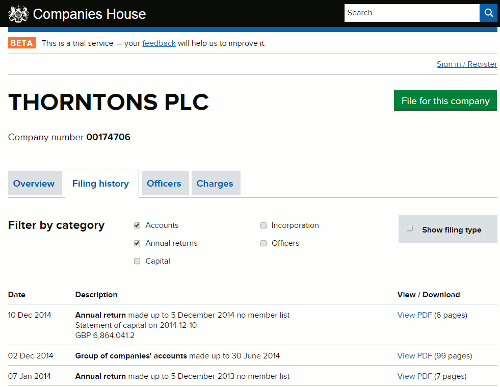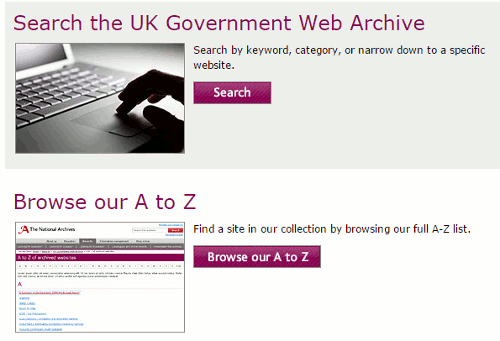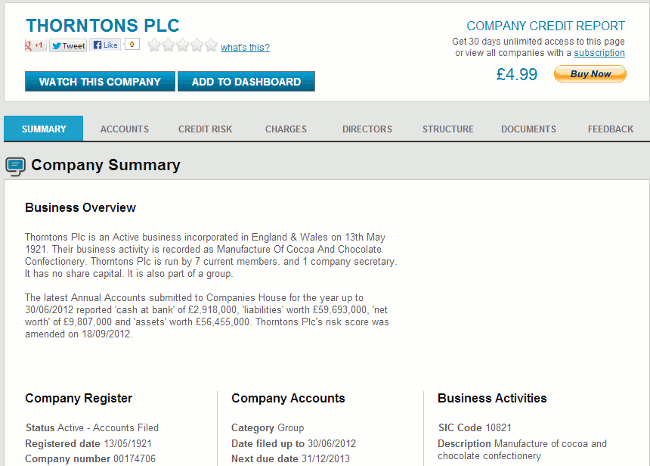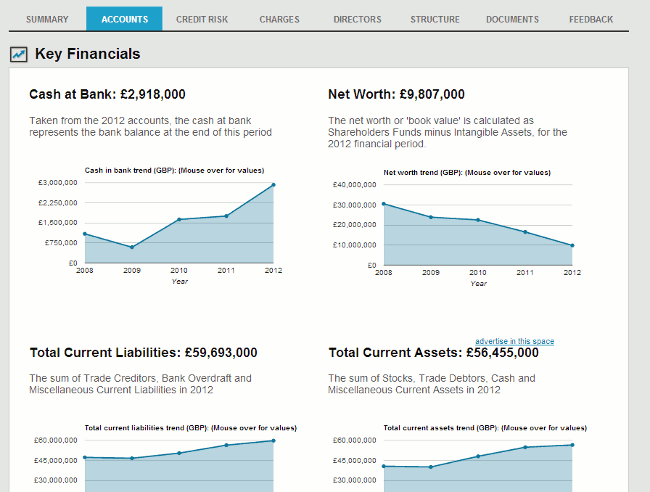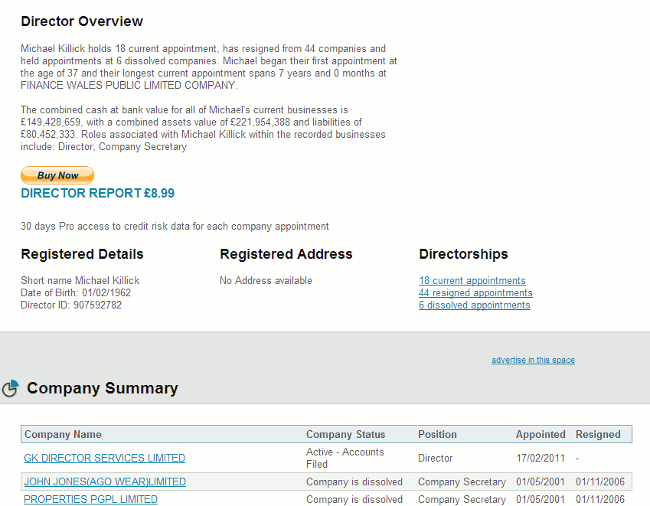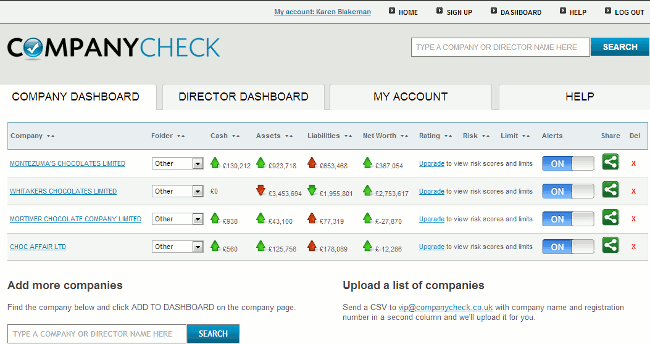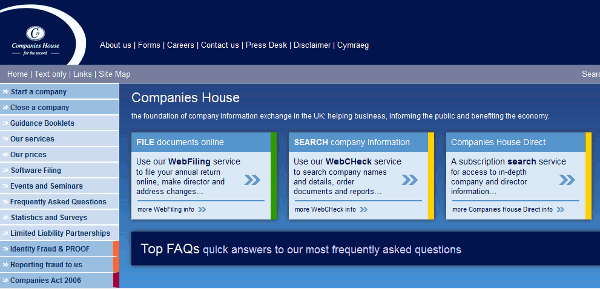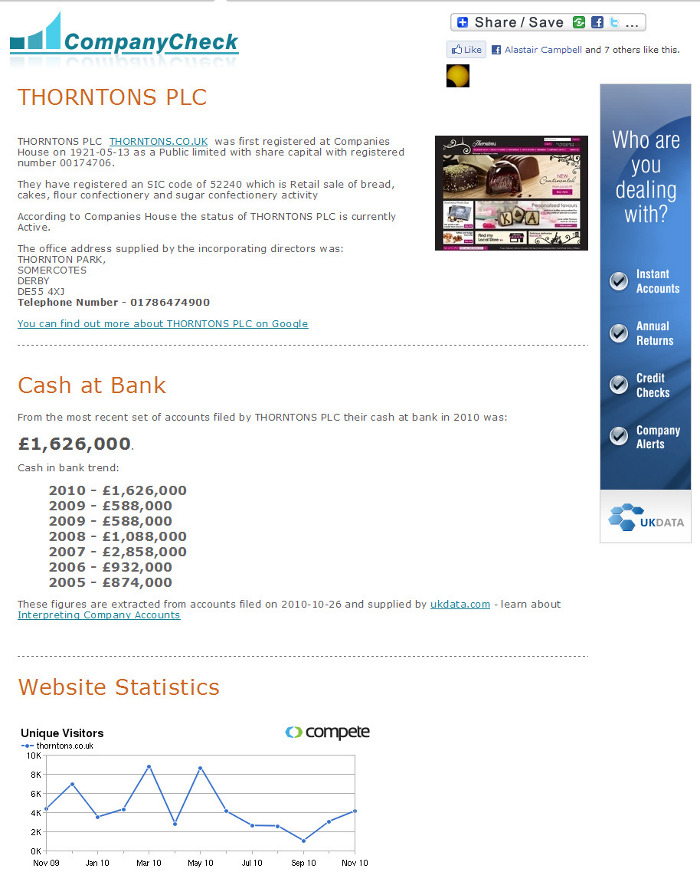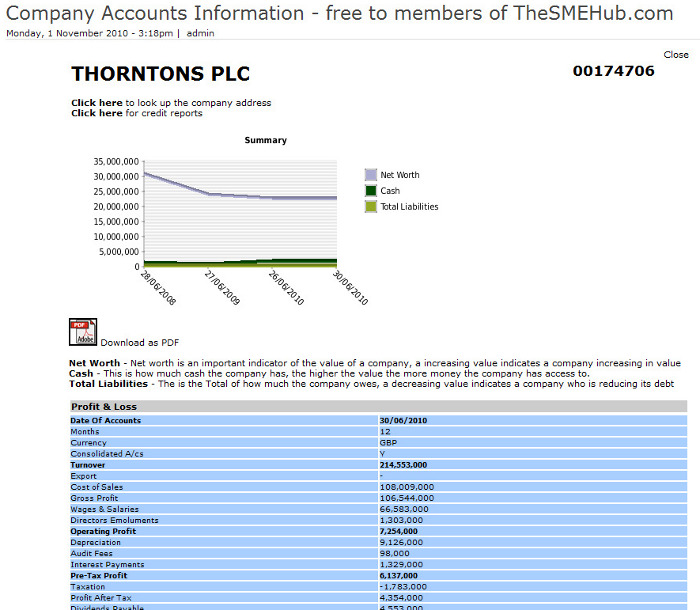A year ago Companies House announced that they were going to make all of their company information available free of charge to everyone. The press release was short on detail and many of us wondered what format the data would be in and how easy it would be to use. Daily files containing accounts data registered on the previous day were already available but these are huge zip files that, when unpacked, contain files with meaningless names. (http://download.companieshouse.gov.uk/en_accountsdata.html). Unless you have software that can manage and search the data it is impossible to identify which files contain information on the company you are researching. 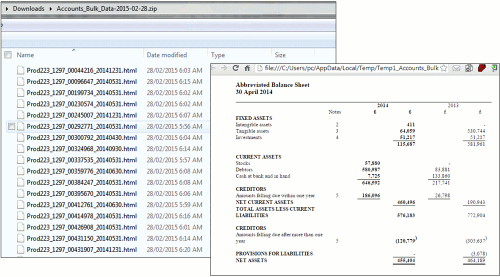
For most of us the files are useless. Was this to be the format of the free service? Thankfully, no.
A new beta service at http://beta.companieshouse.gov.uk/ now enables you to search for companies by name or number and obtain free of charge:
- Company overviews
- Current and resigned officers
- Document images
- Mortgage charge data
- Previous company names
- Insolvency data
For the officers you can see what other companies they are involved with. What you cannot do at the moment is search by director name from the start. That is a “planned feature” as are disqualified directors search, company monitoring, company name availability, dissolved companies and overseas data. For those options you have to revert to the old WebCHeck service at http://wck2.companieshouse.gov.uk/.
The new beta service is easy to use and at last we have access to UK company documents and accounts free of charge. So, does this mean the end of services such as Company Check (http://companycheck.co.uk/) and DueDil (http://www.duedil.com/)? Not necessarily. Company Check, for example, already has an option for searching by director name and there are also useful charting, monitoring and structure options as well as access to some European companies. They also offer access to risk scores, credit reports and County Court Judgments (all priced). All of these services only allow you to search for companies one at a time: there is no multi-criteria search that you can use to find companies by turnover, number of employees, industry sector for example. Neither can you compare companies or conduct a detailed peer group analysis. For that you still have to use priced services such as BvD (http://www.bvdinfo.com/)
Overall, a move in the right direction and ideal if your needs are simple, for example accounts and director information for a live company. But look carefully at what features are available before you cancel your subscription service.
